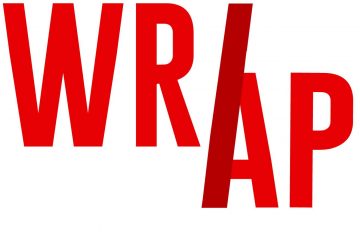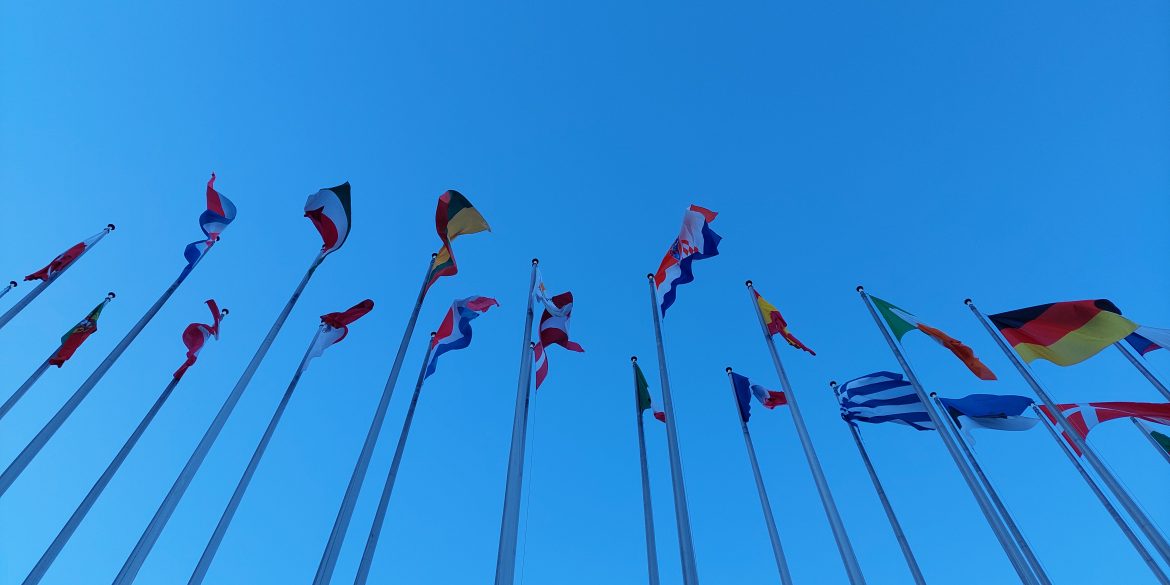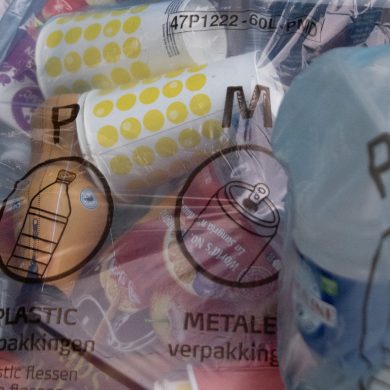Due to the war between Russia and Ukraine, Russia is threatening to turn its gas tap off towards Europe. After a hard winter, this could cause shortages in the spring of 2023. Europe is looking for new alternatives. These shortages and difficulties cause the bills to run extremely high for citizens. The people of Europe are cold and waiting for help. This is taken care of, the European Commission sprang into action after the umpteenth alarm bell. The crisis situation in Europe threatens political unanimity. The focus of this longread is on the political unanimity regarding the energy crisis. Which countries maintain tension in political unanimity? And where does the solution lie?
Political unanimity in times of trouble
MEP’s Kathleen Van Brempt (SND) and Marc Tarabella (SND) testify that energy is a difficult playground for some countries to unite within. Former MEP Bart Staes (Greens/VEA) is convinced that political unanimity is a concept we desire, but we can’t always reach. “The European Union is a peace project. Countries came together to work together but that does not mean there are no disagreements between those countries. In the past those disagreements were solved by wars, now they’re solved around a table”, Bart Staes says. “In the twenty years that I’ve been a MEP, I’ve never seen the European Union as a Union of twenty-seven countries working together. In fact the war went on, but around the table with negotiation. We always see that the unanimity between countries grows when there is a crisis. With the Ukrainian crisis going on, they work together and support each other more. So unanimity is a concept, but does not always take place.”
When does the unanimous vote take place, and when does it not? We made a short video explaining what political unanimity in the European Union actually means:
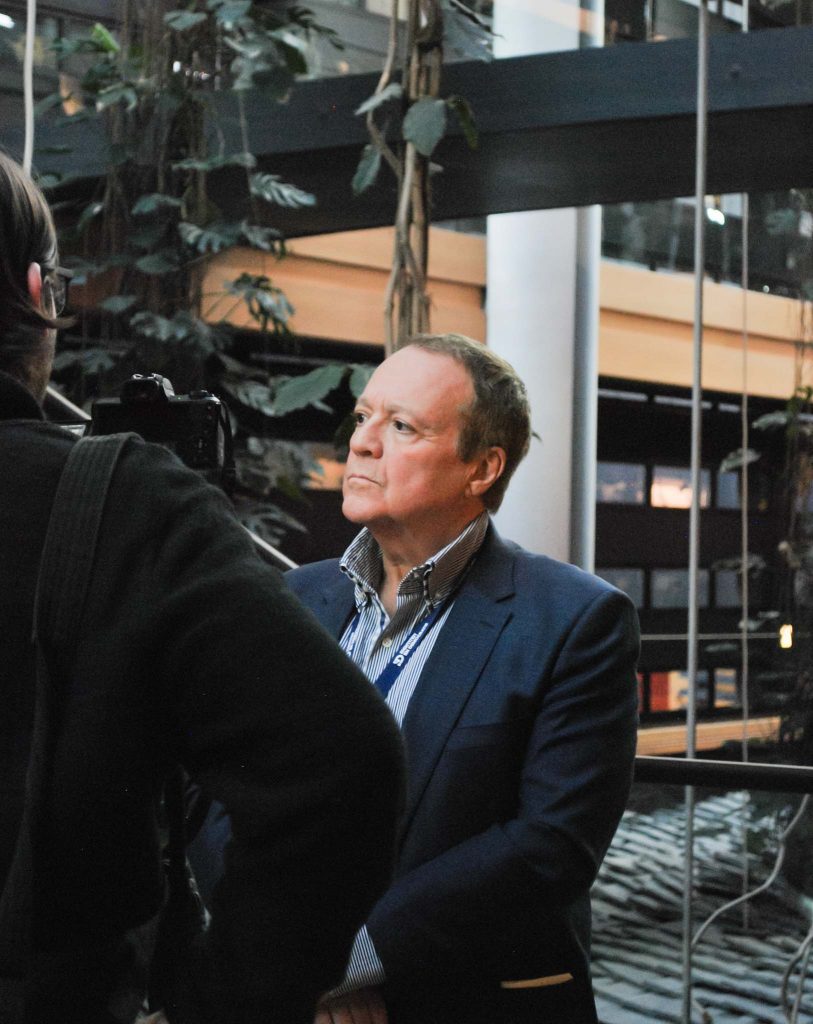
According to Marc Botenga (GUE/NGL), unanimity does not solve our energy crisis. He thinks that the EU countries should handle their own problems as there has never been much of a unity when it comes to the European electricity market. It is mostly led by the bigger countries such as Germany, who absolutely think the electricity market is wonderful and we need to maintain it. Meanwhile other countries such as The Netherlands and France want to reform it completely. This means that every country has their own vision on electricity.
‘Save gas for a safe winter’
After yet another threat of Russia turning off the gas tap to Europe, Europe must come up with ideas to have enough gas for the upcoming harsh winters. The European Commission has a new legislative instrument and European plan to reduce gas demand called ‘Save Gas for a Safe Winter’. All consumers, public services, households, public building owners, energy suppliers and industry can and should take measures to save gas. “Energy saved in summer is energy available for winter”, it reads.
According to Ugent energy expert Moniek de Jong, this is also partly where the answer lies: “I think Belgium is focusing too hard on the price cap to look at other solutions. If we are looking for how we can reduce the demand of gas, it’s simply having people use less gas. With ‘save gas for a safe winter’ the European Union wants the gas consumption reduced by 15%, it’s a possibility, looking at the Netherlands that already dropped their consumption by 40%. Belgium is lacking in the way that they are not paying enough attention to structurally reduce energy demands. They should demand houses to be better isolated, but also companies and their buildings. A lot of the priority in Europe has gone to finding new gas suppliers. All member states agreed quite easily on the ‘safe gas for a safe winter’ but not on the price cap agreement. “
“That’s where unanimity plays a part”, continues Moniek. “The Netherlands and Germany use a lot more gas, so if a price cap is implemented this will have a much larger impact on their economies. The main weakness of Europe is the energy mix, if every country has another use of energy and gas they don’t see the same solutions as realistic.”
MEP Sarah Matthieu (Greens/VEA) is already thinking about the upcoming winters. She fears that they will be dangerous for the political unanimity in Europe. Member states start to take measures, but some have a harder time than others. The real question is: are member states willing to help each other out or will it be every country for itself?
Solar farms in Morocco?
Regarding political unanimity there are a few countries that are hard to find common ground with, according to MEP’s Kathleen Van Brempt and Marc Tarabella. Negotiation with these countries is hard because of different reasons. “The difficulty with Hungary and Poland lies more in their laws. Even though these countries are in the EU, on some levels they have a very different view on human rights than other countries in Europe. Hungary even blocks proposals that would help the EU with unanimity. But it’s always those countries. If we’re looking at the negotiations about the price cap, then it’s Germany who doesn’t want to follow Belgium and France.”
“Poland is struggling because of their legislation, and a close relationship with Hungary also stands in the way. I was going to say they look at the European Union in a bad way, but that has changed because of the Ukrainian war. They have realized they need the EU.”
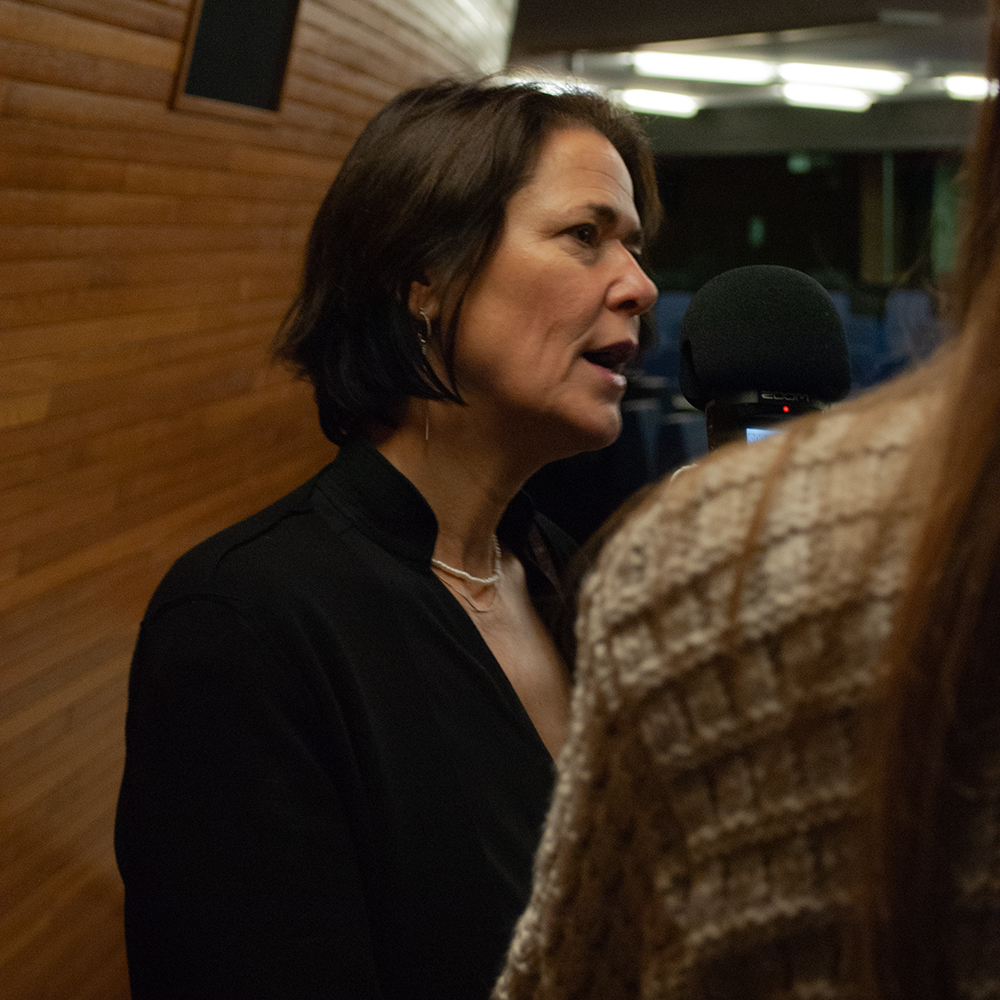
But maybe there is a solution on the way. MEP Kathleen Van Brempt agrees about the fact that we need to be independent and cut out Russian gas. Kathleen is also a fan of establishing more partnerships with Morocco. Because Morocco has the most sunshine per year, they created solar farms; these are large areas full of solar panels. The country has launched one of the world’s largest solar projects at an estimated cost of $9 billion.
“We need to get rid of Russian gas, the main way forward is the green deal, renewable energy and hydrogen gas. Partnerships with other countries would be a good solution. Preferably Morocco. Even though Morocco has not achieved a full democracy yet, with all the same values as Europe. It’s a democracy that wants to advance, and has a lot of sun, so plenty of possibilities for energy sources. On an economic scale we can work closely together. It’s a win-win situation.” MEP Marc Tarabella agrees with this statement, and thinks we should also look at Morocco for future partnerships. “I am convinced that we should have international agreements with Morocco. They have a lot of solar farms at their disposal.”
